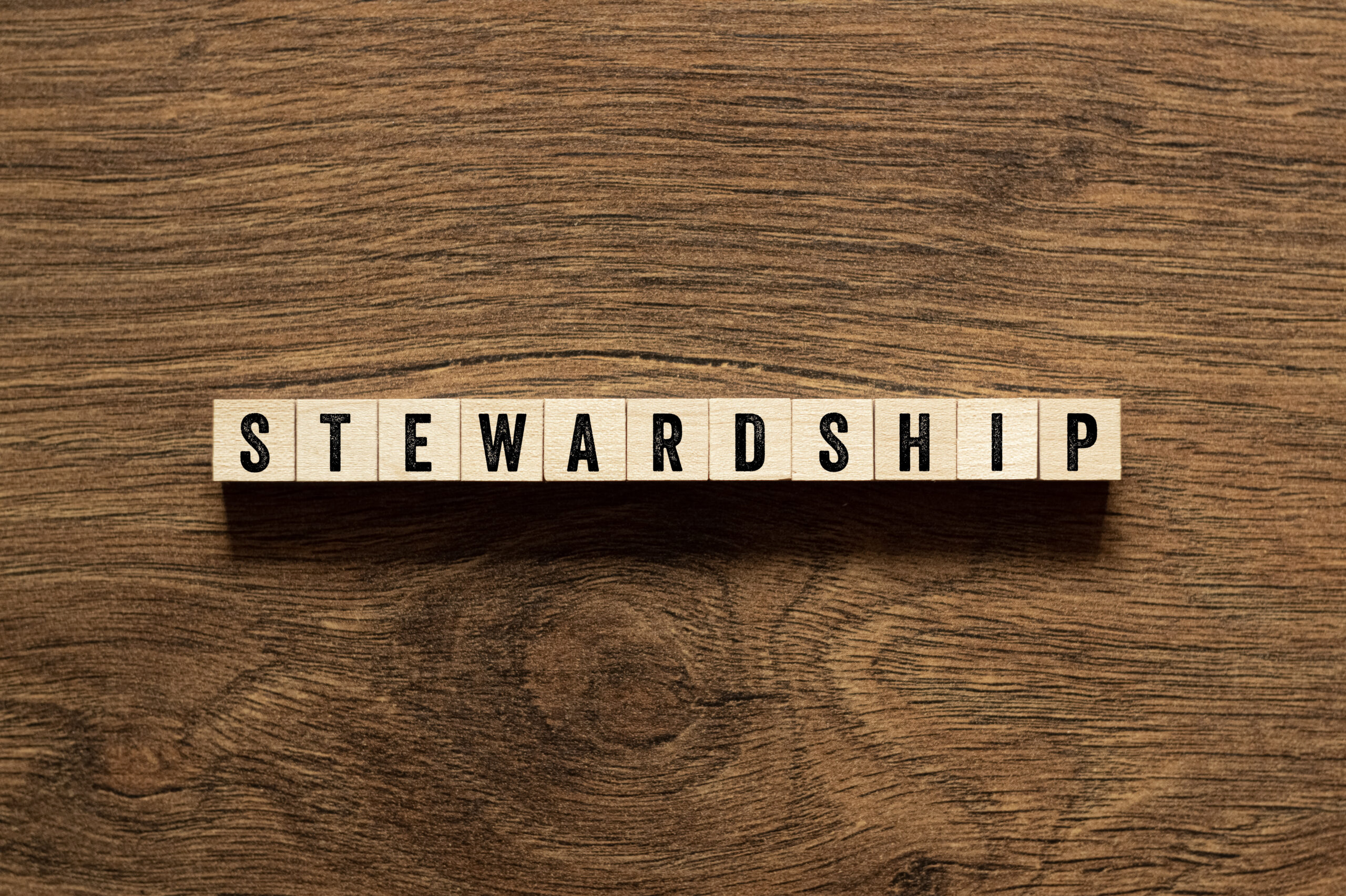When most people think about money, words like saving, investing, or budgeting come to mind. But when I think about money through the lens of faith, another word stands out: stewardship. To me, stewardship isn’t just about managing dollars and cents. It’s about recognizing that everything we have—our time, our talents, our resources—is a gift, and we’re called to manage it wisely.
As a financial advisor and as someone who serves as a deacon in my church, I often see the connection between faith and finances. Both ask us to think long-term, to make intentional choices, and to keep our priorities in the right order. In today’s world, where money can so easily become a source of stress or even an idol, stewardship gives us a healthier way to think about it.
What Stewardship Really Means
Stewardship is more than just giving to your church or a charity, though that’s certainly part of it. True stewardship means managing everything God has entrusted to us in a way that honors Him. That includes how we earn money, how we spend it, how we save it, and even how we talk about it with our families.
It doesn’t mean living in fear or guilt about every dollar. Instead, it means asking ourselves simple but powerful questions: Am I using these resources in a way that reflects my values? Am I making choices that will bless my family and others, not just today but for the future?
Living Generously in a Demanding World
One of the biggest challenges today is that the world constantly tells us we need more—more house, more car, more gadgets, more experiences. It’s easy to fall into the trap of measuring our worth by what we own. But stewardship calls us to live differently.
Generosity is at the heart of stewardship. That doesn’t mean writing a massive check to every cause that comes along. It means living with open hands instead of clenched fists. For some families, generosity might look like regular tithing. For others, it might mean opening your home to neighbors, volunteering your time, or supporting a mission trip. Generosity can be financial, but it can also be relational and practical.
When we live generously, we loosen money’s grip on our lives. We remember that it’s a tool, not the goal.
Teaching Our Kids About Stewardship
As a dad of three boys, I think a lot about how to raise kids who understand the value of money without being consumed by it. It’s not enough to tell them “be generous” or “save your money.” They need to see it lived out.
One of the best ways to teach stewardship is through example. When kids see their parents making thoughtful spending decisions, giving to church, or helping someone in need, it sticks with them. Conversations around the dinner table can also make a big impact. Explaining why we save, why we give, and why we sometimes say “no” to certain purchases helps kids connect money with values.
If our children grow up understanding that money is a blessing to be managed, not a burden to be feared or a trophy to be chased, they’ll be better prepared for whatever life throws their way.
Planning with Purpose
Financial planning isn’t just about numbers—it’s about purpose. When we build a budget, invest for the future, or create an estate plan, we’re not just crunching figures. We’re setting a direction for how our family will live and give.
Stewardship reminds us that planning is important, but so is perspective. We don’t plan just so we can retire early or live comfortably—though those may be nice outcomes. We plan so we can be good caretakers of what we’ve been given, to ensure we’re able to bless others and live out our values without constant financial stress.
Balancing Faith and Responsibility
Sometimes people assume that trusting God with their finances means they don’t need to plan. But stewardship is the opposite—it’s about being responsible precisely because we trust God. He provides the resources, but it’s up to us to manage them wisely.
That might mean setting aside money for emergencies so your family doesn’t struggle during a tough season. It might mean investing for the long term so you can support your kids’ education or retire without becoming a financial burden to them. And it always means making space for giving, even when it’s not convenient.
Faith and responsibility aren’t at odds. They work hand in hand.
Finding Contentment
One of the greatest gifts of stewardship is contentment. When we stop chasing after “more” and start focusing on what really matters, we find peace. Contentment doesn’t mean we stop working hard or give up on our goals. It means we learn to be grateful for what we already have and intentional about how we use it.
Contentment gives us freedom—the freedom to say no to the pressures of the world, the freedom to make choices that align with our values, and the freedom to give generously without fear.
In today’s world, where money often feels like it rules everything, stewardship gives us a better way forward. It calls us to see money as a tool, not a master. It reminds us that our resources are gifts to be managed, not treasures to be hoarded. And it challenges us to live generously, plan with purpose, and teach the next generation by example.
For me, stewardship isn’t just part of my faith—it’s part of my daily life, both at home with my family and in my work as a financial advisor. It’s about helping people align their money with their values so they can live with peace, purpose, and confidence.
At the end of the day, real stewardship is less about numbers and more about hearts. It’s about asking ourselves: Am I using what I’ve been given in a way that honors God and blesses others? If the answer is yes, then we’re on the right track.
